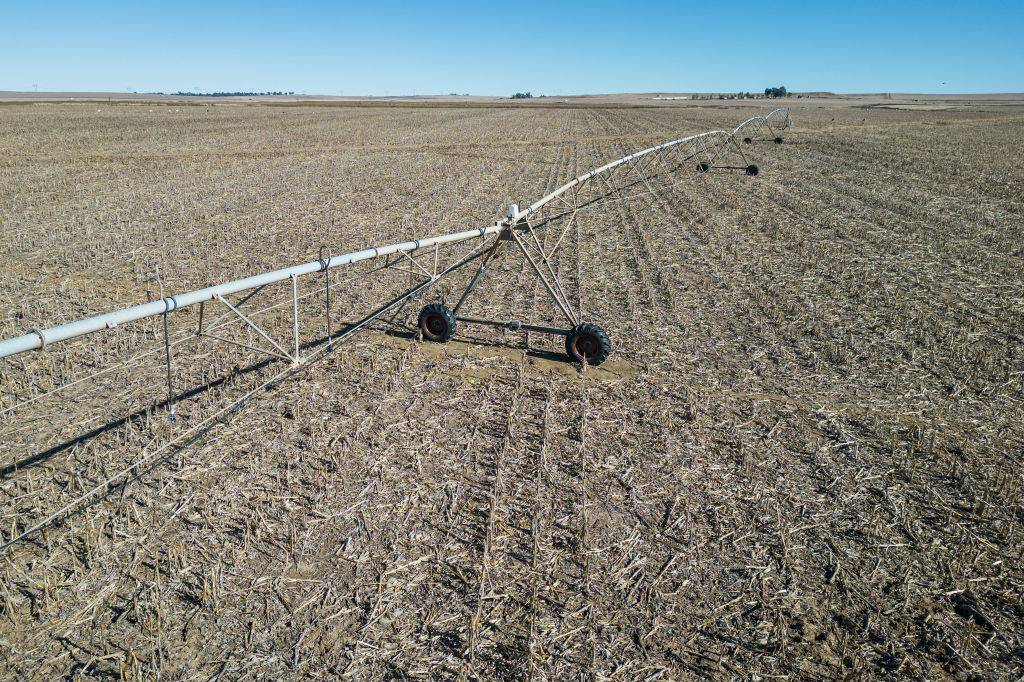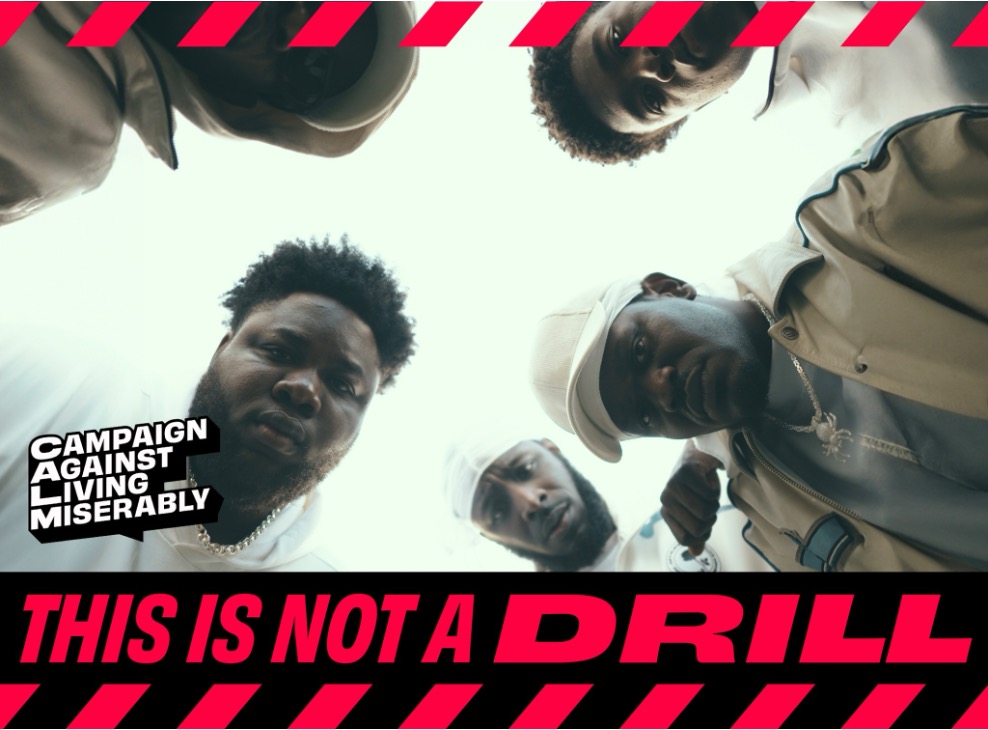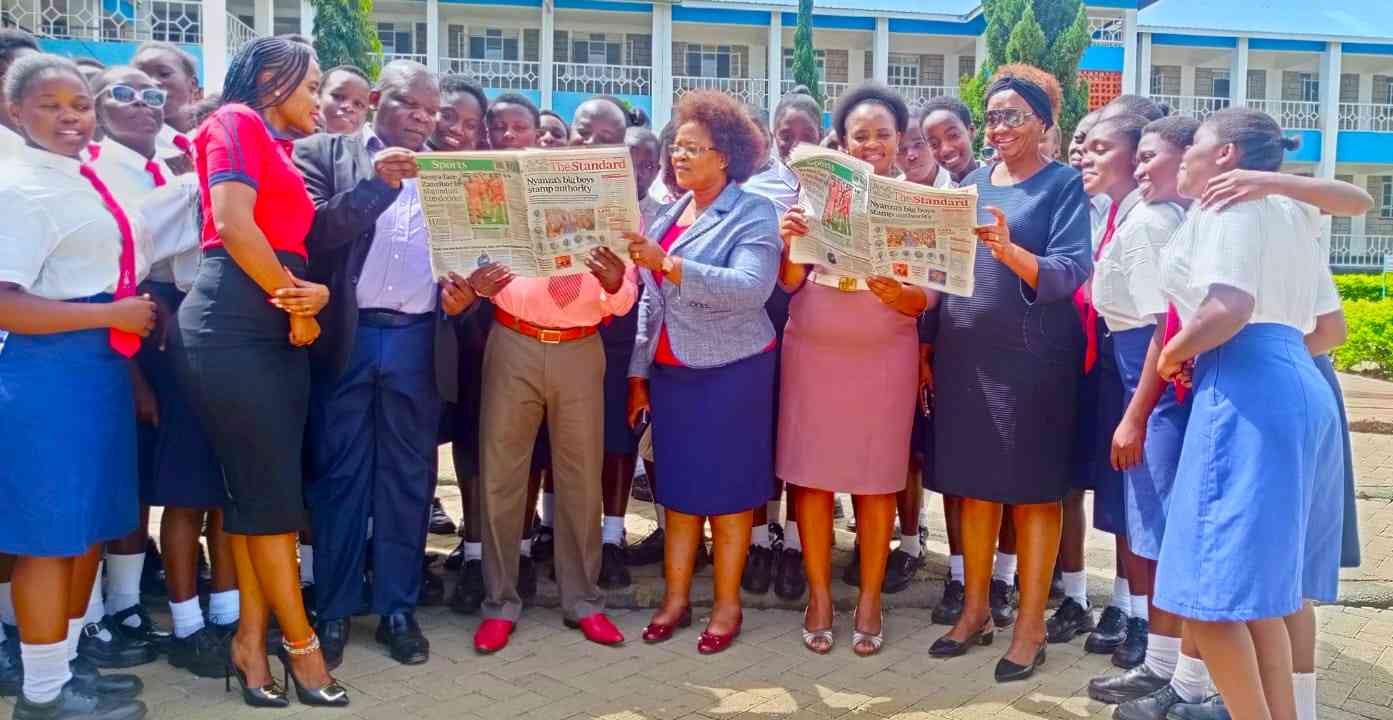
Patent enforcement proceedings
Lawsuits and courts
What legal or administrative proceedings are available for enforcing patent rights against an infringer? Are there specialised courts in which a patent infringement lawsuit can or must be brought?
South African patent law is governed by the Patents Act 57 of 1978, as amended (the Patents Act). The Patents Act makes provision for infringement proceedings, which are held before the Court of the Commissioner of Patents, a specialist court of the Gauteng Division of the High Court of South Africa, Pretoria. No provision is made for any other form of legal or administrative proceedings for enforcing patent rights, and only the Court of the Commissioner of Patents has jurisdiction as court of first instance to hear patent enforcement matters.
Trial format and timing
What is the format of a patent infringement trial?
Patent enforcement proceedings may be brought in two ways — by motion proceedings and action proceedings. In motion proceedings, the evidence is contained in affidavits and, in the ordinary course of proceedings, no oral evidence is heard. The matter may, however, be referred to oral evidence where there is a dispute of fact.
The common approach for patent enforcement is by way of action proceedings, owing to the high likelihood of a dispute of fact. Evidence is given by expert witnesses, in the form of oral evidence, and further evidence may also be by way of affidavit. Witnesses are examined, cross-examined and re-examined. The length of a trial depends on the complexity of the matter and may range from one or two days to five or six days, or even longer.
Judgment in both motion and action proceedings is made by the Commissioner of Patents (a High Court judge appointed to the Court of the Commissioner of Patents).
Proof requirements
What are the burdens of proof for establishing infringement, invalidity and unenforceability of a patent?
The patentee bears the onus of proving infringement on a balance of probabilities. Any person who challenges the validity of the patent bears the onus of proving invalidity on a balance of probabilities.
Standing to sue
Who may sue for patent infringement? Under what conditions can an accused infringer bring a lawsuit to obtain a judicial ruling or declaration on the accusation?
Only a patentee may sue for patent infringement; however, a licensee under a licence of right may also institute infringement proceedings, subject to certain conditions.
A patentee must give notice to every licensee under the patent before instituting infringement proceedings, and any licensee is entitled to intervene as co-plaintiff.
In the event of joint ownership of a patent, any joint patentee may institute proceedings for infringement and shall give notice thereof to every other joint patentee, and any such other patentee may intervene as co-plaintiff.
The accused infringer can file a claim in reconvention for revocation of the patent. This claim is heard at the same time as the claim of infringement.
Inducement, and contributory and multiple party infringement
To what extent can someone be liable for inducing or contributing to patent infringement? Can multiple parties be jointly liable for infringement if each practises only some of the elements of a patent claim, but together they practise all the elements?
Contributory infringement is recognised in South African common law as a delict, and more specifically as unlawful competition; therefore, anyone who procures, induces, aids or abets another to infringe a patent will be liable under delict for unlawful competition.
For contributory infringement to be established, there must be an actual act of infringement. The courts have not decided the issue of joint liability of multiple parties who each practice some of the elements or steps of a claim, and together practise all of the elements or steps of the claim; however, where the multiple parties have a common design to infringe the patent, they should be held to be liable under delict for unlawful competition.
Joinder of multiple defendants
Can multiple parties be joined as defendants in the same lawsuit? If so, what are the requirements? Must all the defendants be accused of infringing all the same patents?
Multiple parties may be joined as defendants in infringement proceedings in respect of the patent or patents subject to the lawsuit, provided substantially the same question of law or fact will arise.
Infringement by foreign activities
To what extent can activities that take place outside the jurisdiction support a charge of patent infringement?
The act of infringement has to take place within South Africa; however, the product-by-process provision in the Patents Act may allow the exercise of a process for producing a product outside South Africa to support a claim for infringement where the product is used, advertised or sold within South Africa.
The Patents Act provides that a patent claim for a process or an apparatus for producing any product shall be construed as extending to such product when produced by the process or the apparatus claimed; thus, if the product is sold in South Africa it will infringe the patent even though the product was produced outside South Africa, provided the process or the apparatus infringes the patent.
Infringement by equivalents
To what extent can ‘equivalents’ of the claimed subject matter be shown to infringe?
The doctrine of equivalents is not part of South African law. A purposive construction of claims is applied to determine what are, and what are not, the essential integers of the claim. When interpreting the scope of the claim, the court will consider which of the integers are essential to the invention and which are inessential, and will then disregard the inessential integers in determining whether there is an infringement.
Discovery of evidence
What mechanisms are available for obtaining evidence from an opponent, from third parties or from outside the country for proving infringement, damages or invalidity?
Discovery may be requested under the Uniform Rules of Court of all relevant documents in respect of the matter in dispute. Confidential documents must be discovered but privileged documents need not be. If a party fails to make discovery, it may be compelled by the court after a successful application to the court by another party to do so.
In addition, inspection of a product may be called for to determine, for example, if it infringes a patent. The person who inspects the product is required to compile a report on the inspection. It is also possible to subpoena persons to give evidence and to bring relevant documents with them to court.
Reliance may also be placed on an Anton Piller order, which allows for the search of premises for documents or materials as stated in the order, as well as the removal of the documents for safekeeping, pending the discovery process and trial.
Litigation timetable
What is the typical timetable for a patent infringement lawsuit in the trial and appellate courts?
An infringement action is commenced by issuing a combined summons. Within 10 court days of the date of service of the combined summons on the defendant, the defendant must give notice of intention to defend the matter to the plaintiff. Within 20 court days of the delivery of the defendant’s notice of intention to defend, the defendant must deliver a plea setting out the defences and any counterclaim. Within 15 court days of the delivery of the defendant’s plea and counterclaim, the plaintiff must deliver a replication to that plea and a plea to the counterclaim. Within 10 court days of the delivery of the plea to the counterclaim, the defendant must file a replication in reconvention, if necessary.
After the close of pleadings, a trial date can be applied for and preparation for trial is commenced, including the discovery of relevant documents. The period from issuing the combined summons to the hearing of the trial is typically between one and two years.
Appeal proceedings may take another one to one-and-a-half years.
Litigation costs
What is the typical range of costs of a patent infringement lawsuit before trial, during trial and for an appeal? Are contingency fees permitted?
The costs of any proceedings will be dependent upon such factors as the volume of evidence, the complexity of the matter and the length of the hearing before the Commissioner of Patents. Further, the seniority of counsel briefed affects the quantum of costs, and this may play a part in the decision as to whether both senior and junior counsel are engaged.
The cost of a trial can be between US$200,000 and US$500,000. An appeal can cost between US$100,000 and US$200,000. The losing party is generally ordered to pay the taxed costs, which can be between one-third and one-half of the costs actually incurred by the winning party.
Contingency fees, as regulated by the Contingency Fees Act, are permitted in South Africa but are not commonly used in patent litigation.
Court appeals
What avenues of appeal are available following an adverse decision in a patent infringement lawsuit? Is new evidence allowed at the appellate stage?
The Patents Act makes provision for appeal against any order or decision of the Commissioner of Patents. An application for leave to appeal must be made, as there are no appeals as of right. If granted, the matter is usually heard before the Supreme Court of Appeal.
Leave to appeal to the full bench of the High Court may also be granted. It is also possible to appeal to the Constitutional Court where the matter relates to the application or interpretation of the Constitution.
New evidence is very rarely allowed in an appeal.
Competition considerations
To what extent can enforcement of a patent expose the patent owner to liability for a competition violation, unfair competition or a business-related tort?
Enforcement of a valid patent does not expose a patent owner to liability for a competition violation, unfair competition or a business-related tort.
Alternative dispute resolution
To what extent are alternative dispute resolution techniques available to resolve patent disputes?
It is possible for parties to make use of alternative dispute resolution in patent disputes. In such cases, an arbitration agreement, for example, will need to include clauses that allow the parties to give effect to an arbitrator’s findings. For example, the arbitration agreement could include clauses to the effect that, if the arbitrator finds that the patent is invalid and there is no appeal, or if the patent is found to be invalid on appeal, then the patentee is required to surrender the patent.
Law stated date
Correct on
Give the date on which the information above is accurate.
1 February 2022.




















Discussion about this post